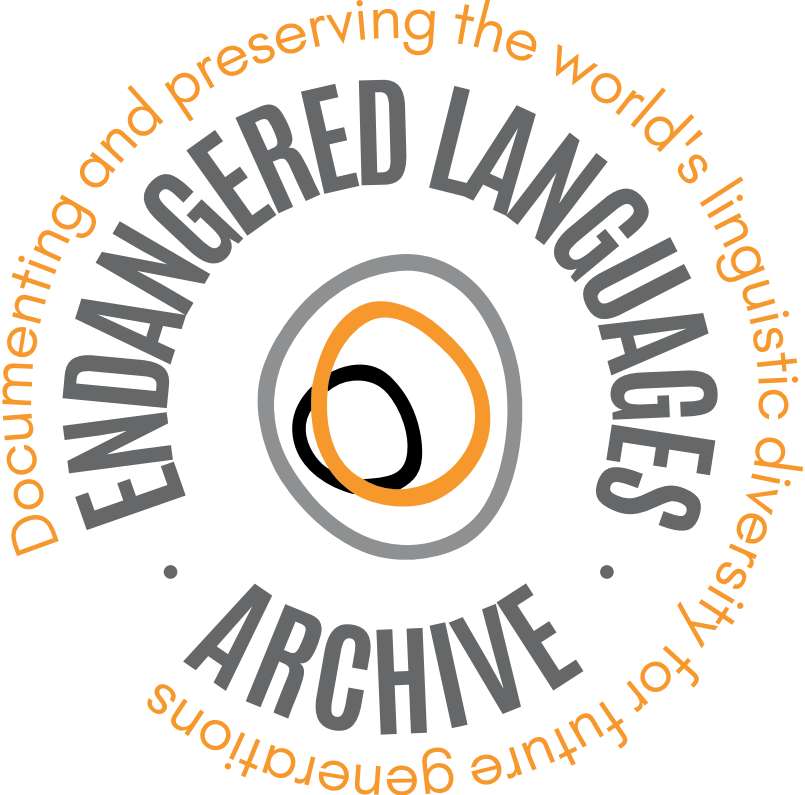Drum sounds and gestures, tapeworm words and a hundred ways of saying ‘I’: How people express themselves is surprisingly diverse. Soon, however, many of the approximately 7,000 languages will no longer be spoken. This means that access to the culture and knowledge of the speakers is disappearing, because each language is a unique perspective on the world. In the WeSearch series, academics present languages of Indigenous groups and cultural communities from which exhibits in the Humboldt Forum originate.
The curators
Mandana Seyfeddinipur is a linguist and director of the Endangered Languages Documentation Program and the Endangered Languages Archive at the Berlin-Brandenburg Academy of Sciences and Humanities.
Uta Kornmeier is an art and cultural historian and curator for science and research at the Academy of the Humboldt Forum Foundation in the Berlin Palace.
The series WeSearch: WorldLanguages – LanguageWorlds is a collaboration between the Humboldt Forum Foundation and the Endangered Languages Archive and Endangered Languages Documentation Programme, supported by Ethnological Museum and Museum of Asian Art Berlin.


WESEARCH – REMEMBER – TELL (2023)
Remembering and narrating are dynamic processes that influence each other. How do we narrate memories or how do we remember by telling stories? How does the act of narrating change memories, and how do memories and narratives change with each repetition? What is forgotten in the process? The second season of WeSearch is dedicated to these questions.
Anyone who needs to remember lots of things – whether grocery or vocabulary – can use certain tricks. There is the loci method, for instance, also called the memory palace: here, you imagine a building and assign memories to individual rooms and the objects they contain. If you want to access them, you wander through the individual rooms in your imagination, recalling the objects and the information connected with them.
Real buildings are often used as memory palaces and, as the term “palace” suggests, particularly large buildings so as to store much information. The Humboldt Forum, for example, would make for a very good memory palace. However, it already is one in a literal sense: not only does it stand in one of the oldest parts of the capital, which is closely connected to Berlin and German history; with its collections, exhibitions and events, it stores memories, keeps them alive and updates them. Good reasons, then, for this year’s MitWissenschaft series to address the topic of memory.
The Berlin clusters of excellence
From alternative antiquities to past times yet to come, from active matters to firing synapses: scientists share their cutting-edge research with the audience.
Science is simultaneously both a window through which we view the world, and an engine of change for that world. The Humboldt Forum brings society and science together. This series of presentations aims to be a continuation of the Kosmos Lectures given by Alexander von Humboldt in the 1820s, where he considered the world from a global scientific perspective. He vividly conveyed to a wide audience how nature and culture are intertwined and all phenomena are interrelated.
